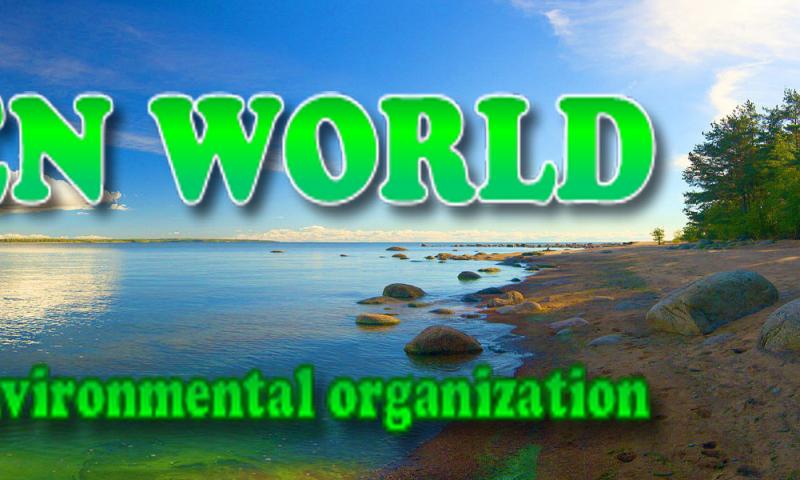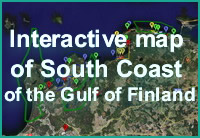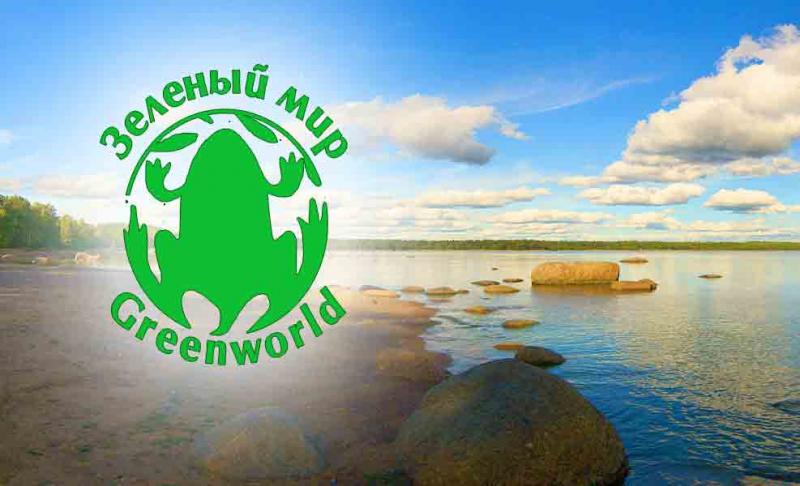
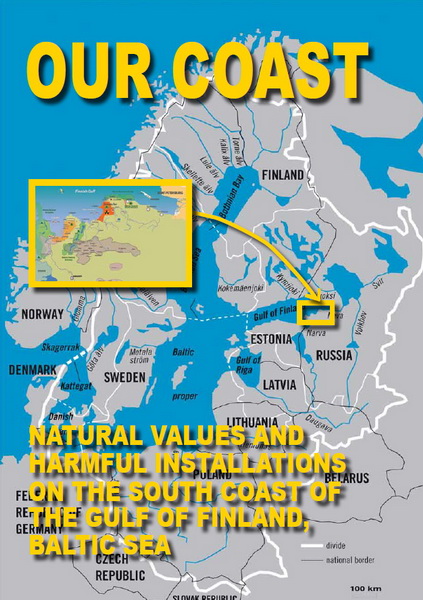 |
The South Coast of the Gulf of Finland |
|---|---|
| Natural Values and Harmful Installations |
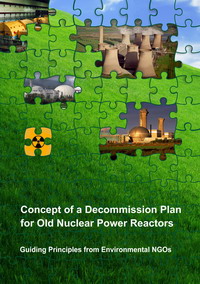 |
Concept of a decommission plan for old nuclear power reactors |
|---|---|
| Guiding Principles from Environmental NGOs |
POSITION PAPER about a Transportation of Spent Nuclear Fuel from Europe to Russian Ural region and Siberia
We, representatives of environmental organizations, urge the authorities of Russia and EU States , as well as IAEA, to stop a transportation of spent nuclear fuel to reprocessing facility “PO Mayak” (Ural region, Russia). To import and export spent nuclear fuel is to transport environmental problems, not to solve them.
To transport nuclear waste establishes double safety standards for the regions of nuclear energy production and the regions of nuclear dumping, and it increases social instability. We consider this a serious threat to the security of generations of people and nature in Ural region, as well as for all regions along the transportation route of these dangerous goods. The final destination - the Chelyabinsk region, is already the most radiation contaminated region of the world.
At the nuclear spent fuel reprocessing facility “PO Mayak” in Chelyabinsk Region, , several severe nuclear accidents took place during the past 65 years, which have led to contamination of tens of thousands square kilometres of land. The nuclear waste that is currently being reprocessed continues to be dumped into the lakes Karachay, Old Marsh, Tatysh, and reservoirs of the Techa cascade, and leaks further to the river Ob and to the Arctic Ocean.
The radiation has contaminated the local food chain, as well as poisoned the local population. People living on the polluted land, and consuming polluted food and water, have developed multiple illnesses, and need expensive treatments. This in turn has forced those who are affected to live in poverty, with low social status. Nevertheless, with no other choices, the citizens continue to live in these polluted areas around the reprocessing facility.
Among the four generations of people who suffered radiation poisoning in Chelyabinsk region, cancer cases rise twice for past 20 years and have reached 400 casualties per 100,000 people in 2010 (355 in Russian, 290 in EU). Children’s cancer rate consistently grows. The number of abnormalities among the newborn population reached 52.3 per 1000 children born in 2010 (33,8 in Russian).
We consider it perilous to transport spent nuclear fuel to Russia. The wastes produced from storage and reprocessing are often dumped directly into the environment.
We call for Governments with strong security regulation systems (environmental and anti-terrorism), to develop policy to prevent the exportation of their dangerous waste to other countries. It passes the responsibility for damage from nuclear waste to the other nations.
We strongly concerned about EBRD support to spent fuel transportation that increase the environmental injustice in the nuclear sphere.
Our aim is that the countries and regions of nuclear energy production must be responsible themselves for long time storage of spent nuclear and radioactive waste.
Signed by:
- Oleg Bodrov, NGO Green World, Sosnovy Bor – St. Petersburg, Russia, International Decommission Network bodrov@greenworld.org.ru , www.decomatom.ru
- Natalia Mironova, President of the Movement for Nuclear Safety, Chelyabinsk, Russia
- Yura Ivanov, Executive Director of Kola Environmental Center, Murmansk region, Russia.
- Yngvild Lorentzen, Head of International department, Friends of the Earth Norway
- Alexey Yablokov, Nuclear and Radiaation Safety Programme, International Social-Ecological Union, Moscow, Russia , yablocov@ecopolicy.ru

